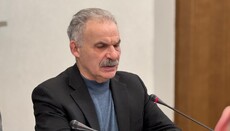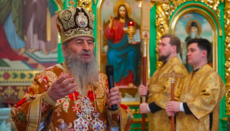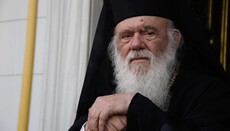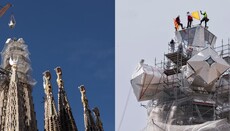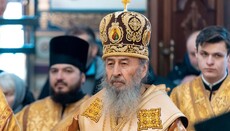Expert on the West's reaction to ban on UOC: "There are no Orthodox there"
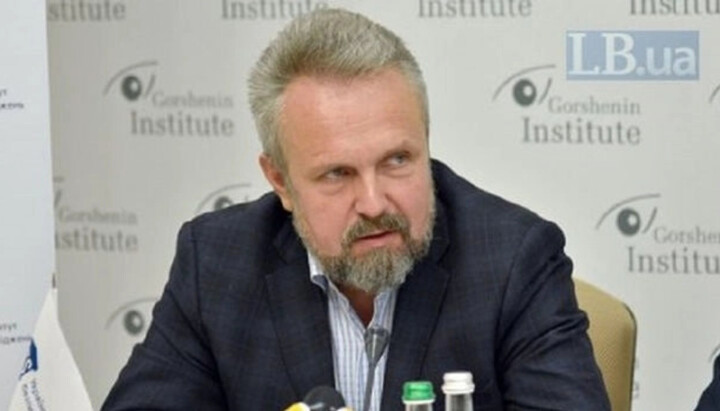
Anatoliy Pinchuk believes that UOC believers can choose other religious denominations or remain outside religious organizations.
Anatoliy Pinchuk, head of the board of the public organization "Institute for Security of Eastern Europe", commented on the ban of the Ukrainian Orthodox Church (UOC), stating that Ukraine's international partners will react calmly, reports Meta.ua. He noted, "This is not an issue to cause irritation."
Pinchuk believes that the majority of UOC parishioners will be able to easily transition to other Orthodox denominations: "For people who were parishioners and supporters, except for a small part, which, in my opinion, does not exceed 10-15%, there will be no significant problems in transitioning to other non-Russian Orthodox denominations."
The expert also expressed confidence that no negative reactions from Ukraine's Western partners should be expected, as there are almost no countries among Ukraine's allies where Orthodoxy prevails. "I see no grounds for negative reflection from our Western partners on this matter. At least because there are almost no Orthodox countries among our allies. There are very few attempts to inflate this issue in the United States, but it concerns not so much this matter as the attempts of certain pro-Russian political figures or radicals in the Republican environment to portray Putin as a defender of Christianity and to present some developments in Ukraine as the promotion of certain liberalism, semi-socialism, and so on. But that's a different issue, and even this question can only be partially connected. I don't see the possibility of foreign policy complications for Ukraine because of this decision," Pinchuk said.
Pinchuk believes that the Ukrainian Orthodox Church should disappear in the country, and people can choose other religious denominations or remain outside religious organizations. According to him, nothing revolutionary has occurred in this context.
As reported by the UOJ, Yelensky and a representative of the Office of the President went to the United States to justify the law banning the UOC.






